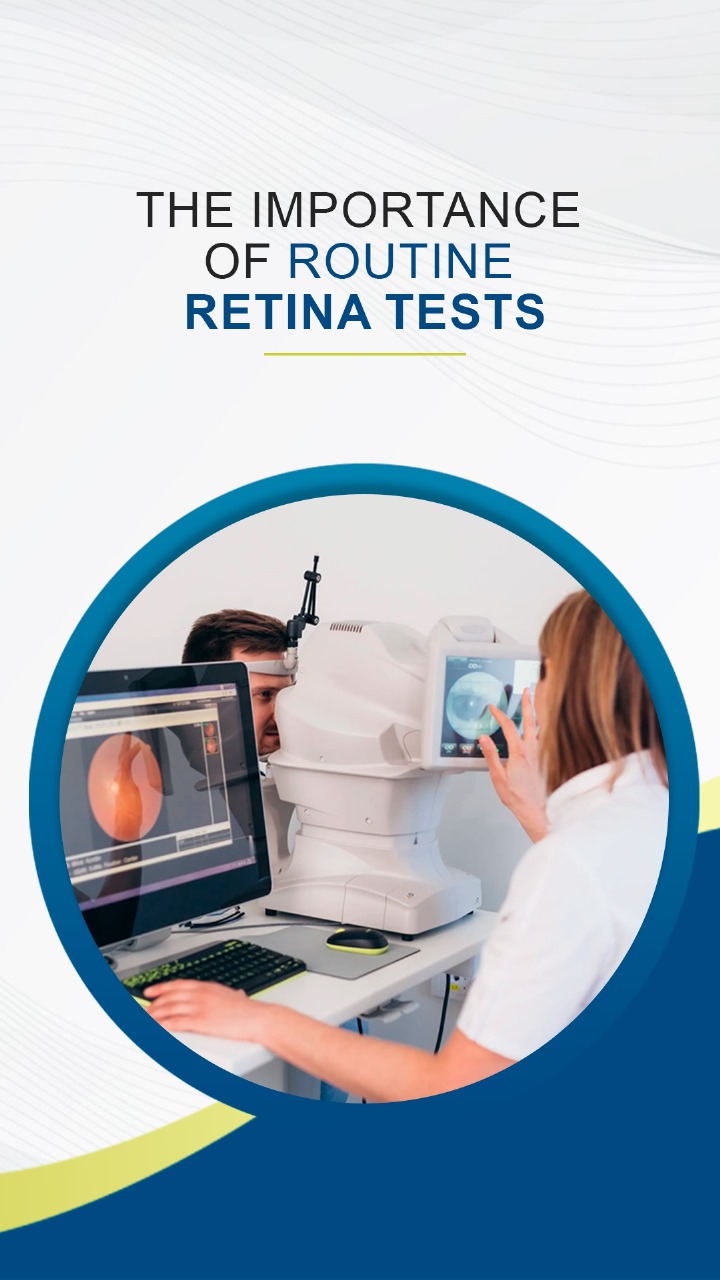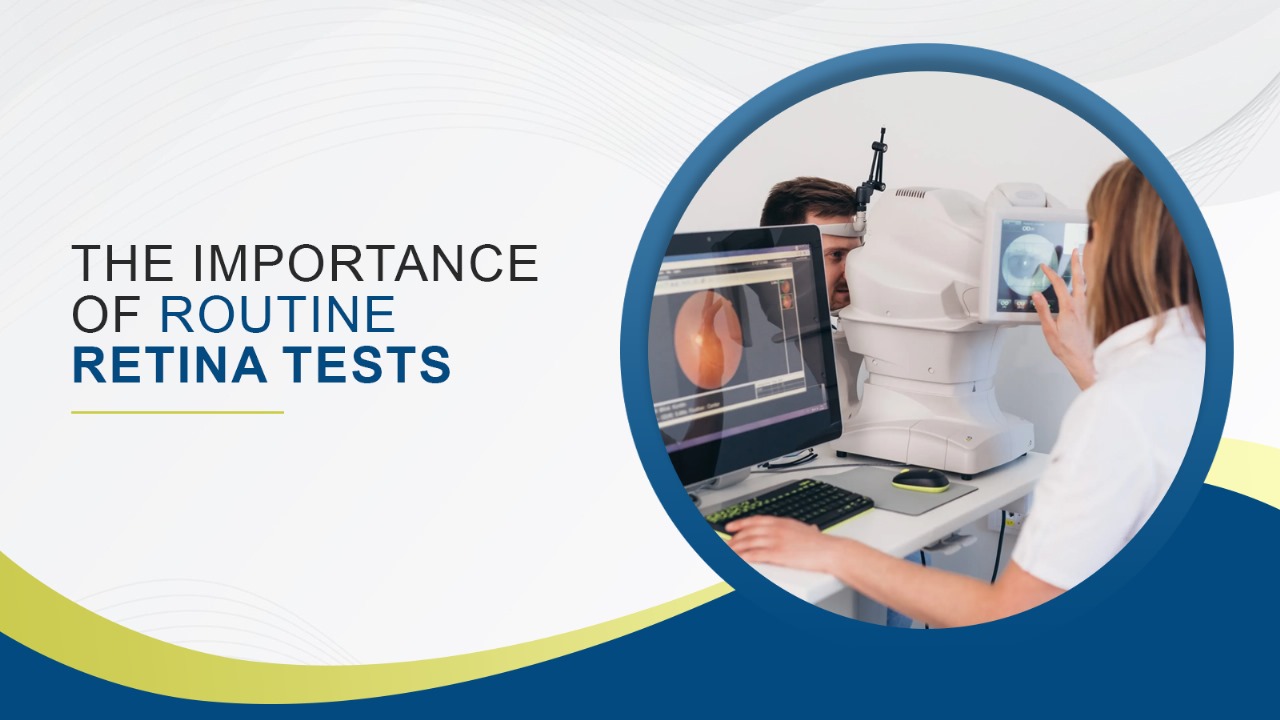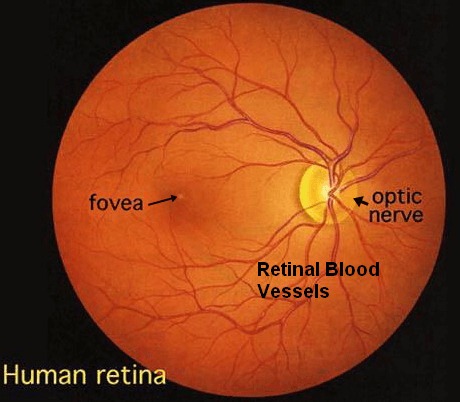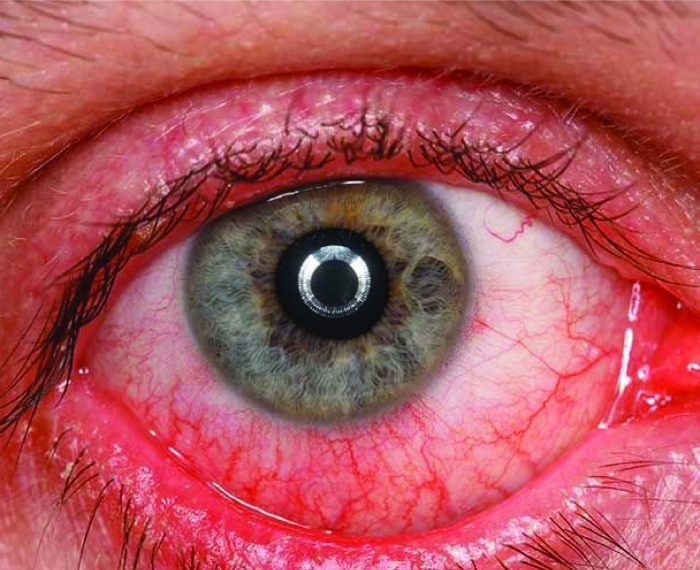

the importance of routine retina tests: when should you get yours?
The retina is like a camera in your eye that takes pictures. It’s really important for seeing clearly. To make sure your eyes stay healthy, it’s essential to have regular tests to check your retina. These tests help catch any problems early. In this blog, we’ll talk about what the retina is, what happens during a retina test, and when it’s super important to have one.
Understanding the Retina
The retina is a thin layer of tissue that lines the back of the eye. It contains millions of photoreceptor cells called rods and cones, which are responsible for sensing light and sending signals to the brain via the optic nerve. These signals are then interpreted by the brain, allowing us to see the world around us. The retina also contains other layers of cells that support the function of the photoreceptors and help maintain the overall health of the retina.

What is a Retina Test?
A Retina Test, also known as a Retinal Examination or Retinal Imaging, is a diagnostic procedure performed by eye care professionals to assess the health of the retina. There are several methods used to examine the retina, including:
- Direct Ophthalmoscopy: This involves shining a light into the eye and using a handheld instrument called an ophthalmoscope to examine the retina.
- Indirect Ophthalmoscopy: In this method, the doctor uses a special lens and a bright light to view the retina through a dilated pupil.
- Optical Coherence Tomography (OCT): This non-invasive imaging technique produces high-resolution cross-sectional images of the retina, allowing for detailed examination of its layers.
Routine retina tests are essential for several reasons-
- Early Detection: Routine retina tests catch eye diseases like diabetic retinopathy and macular degeneration in their early, asymptomatic stages.
- Monitoring: Crucial for individuals with existing eye conditions or predispositions, helping prevent complications.
- Treatment Assessment: Helps evaluate the effectiveness of treatments like intravitreal injections or laser therapy.
- Overall Health Insights: Changes in the retina can indicate underlying systemic health issues, prompting further evaluation if necessary.

When is it Crucial to Get a Retina Check-up?
While the frequency of retina tests may vary depending on individual risk factors and medical history, there are certain circumstances in which it is crucial to prioritize a retina check-up:
- Vision Symptoms: If you experience sudden changes in vision, floaters, flashes of light, or any concerning symptoms, seek prompt evaluation by an eye care professional who may recommend a retina check-up to identify underlying issues.
- Diabetes: Individuals with diabetes need regular retina check-ups due to the increased risk of diabetic retinopathy, a potentially vision-threatening complication.
- Family History: Those with a family history of eye diseases like glaucoma, macular degeneration, or retinal detachment should prioritize regular retina exams for early detection and management.
- Age-related Changes: Adults aged 50 and above should undergo routine retina tests to monitor for age-related eye conditions such as macular degeneration and glaucoma.
Getting regular eye tests is really important to keep your eyes healthy and make sure you can see well. These tests can find eye problems early, keep track of any changes, and check if treatments are working. This helps to protect your vision and keep you healthy. If you have a higher chance of eye problems or notice any worrying signs, it’s a good idea to book an eye check-up with us at ‘Dr Ruchika Eye Clinic‘. Your eyes are precious, and having regular tests can help you keep seeing clearly for a long time.
